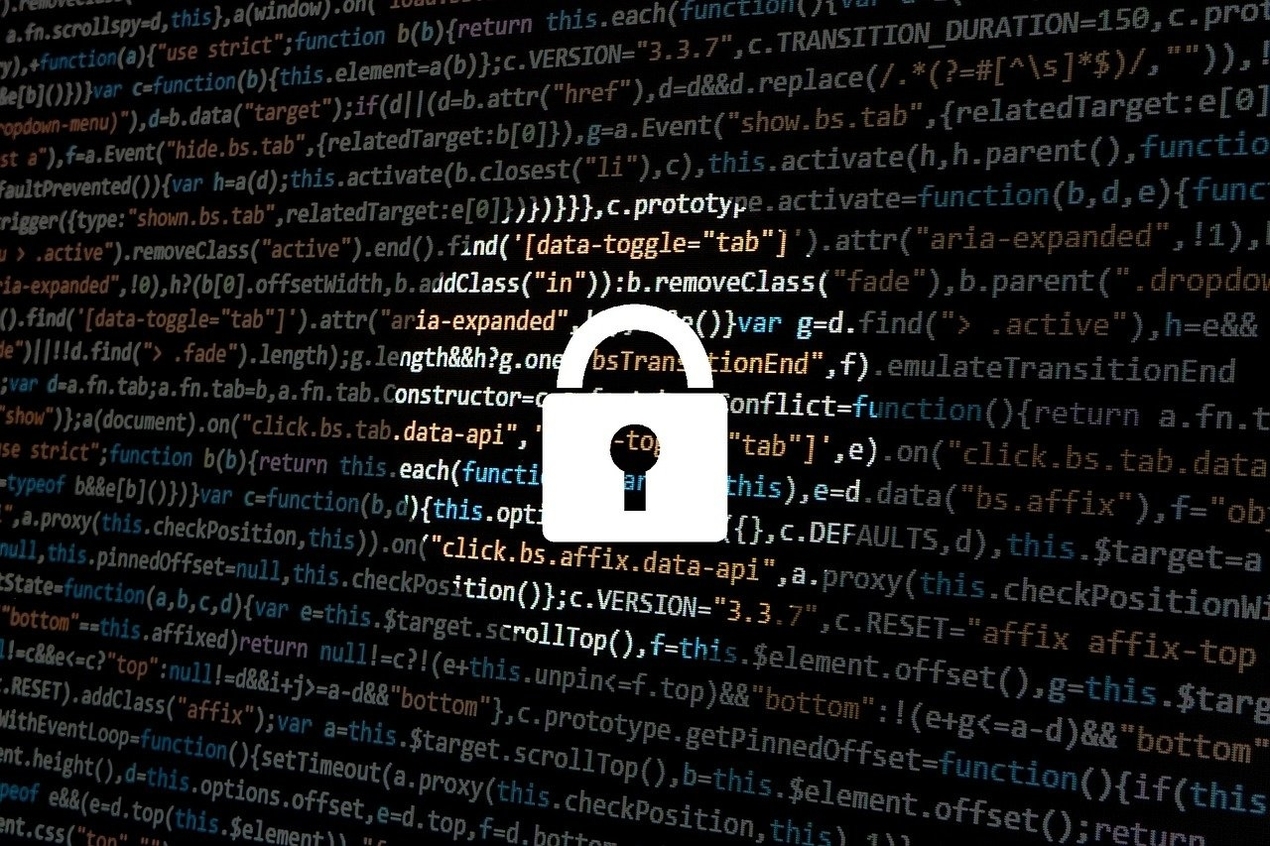
The manual, ‘Information Security During the COVID-19 Pandemic’, launched by the National Cyber Security Monitoring Centre, under the Ministry of Information and Communications, enhances information security skills for users when operating in cyberspace. According to a press release, the prolonged COVID-19 epidemic has made information exchange, online learning, remote work, and online shopping mandatory. During social distancing, users receive a lot of information and updates about the pandemic and often pay little attention when accessing this information. Hackers take advantage of this gap.
Vietnam recorded more than 3,900 cyberattacks in the first seven months of 2021. In July alone, over 1,000 cyberattacks were reported. According to statistics of the AIS’s Vietnam National Cyber Security Centre (NCSC), from 26 July to 8 August, there were 106 comments about cases of fraudulence aimed at users on Vietnam’s cyberspace, including scams related to bank account confirmation, online recruitment, and money fraud.
The NCSC also warned of fraudulent cases related to COVID-19, including impersonating civil servants, selling medical products of unknown origin, stealing personal data, fake calls for charity support, and marketing deceptive products and services. Phishing attacks use old techniques but take advantage of content and information presented in new ways, especially information related to the COVID-19 pandemic.
The manual points out ten things to know when working remotely, such as installing strong passwords, enabling firewalls, updating software and operating systems, installing anti-malware software, and encrypting and backing up data. It also warns users to be careful with emails, USBs, removable storage devices of unknown origin, and requests for money transfers.
For safe online learning, the manual offers seven suggestions: Users need to control who participates in meetings or online classes to prevent criminals from stealing information and spreading malicious code through shared files/links; set a password to restrict impersonated access; update new version, and be careful when sharing files. The handbook also offers guidelines to ensure safety when using video conference software, connecting video calls, online chat, and using wireless networks. Users can find effective ways to use popular social networks in the safest way from this manual.
The Ministry of Information and Communications has issued a directive on promoting the development and use of safe and healthy digital platforms. The directive is also expected to contribute to creating digital trust and ensuring the safety of Vietnam’s cyberspace. Over the last few years, digital platforms have made important contributions to the national digital transformation, and the development of the digital economy and digital society. However, information and data leakage on digital platforms still occurs on an increasingly large scale.
The spread of fake news and information that violates the law, especially on cross-border digital platforms, is dangerous. Therefore, the Ministry requires businesses that manage digital platforms to develop platforms that are able to protect themselves and have tools to process and remove information that violates the law. In particular, owners of digital platforms must implement solutions to ensure information security and publicise measures to handle and protect personal information and collect personal information only with the consent of the users. These units are not allowed to provide, share, or distribute personal information of users, except with their consent or at the request of competent state agencies.
















